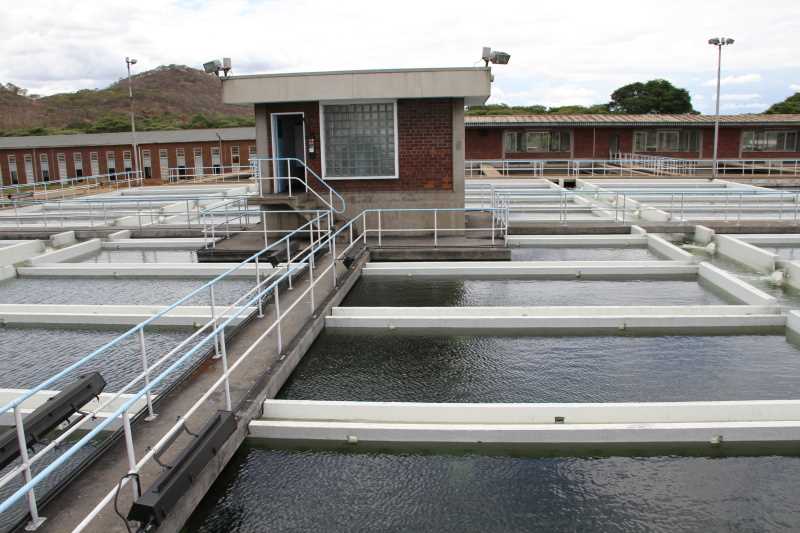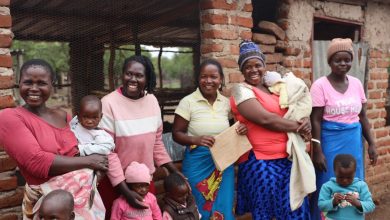Residents Warn of Humanitarian Disaster in Harare

By Memory Chivhunga
The Combined Harare Residents Association (CHRA) has issued a warning of an impending humanitarian disaster following the City of Harare’s decision to decommission the Prince Edward water purification plant.
The move, prompted by a lack of raw water in the Seke and Harava dams, has worsened the already dire water crisis in the city.
In a statement released yesterday, CHRA highlighted the severity of the situation, citing the impact of the plant’s shutdown on water availability.
“The stoppage of water production, which was at 350 megaliters per day, has resulted in a daily loss of 70-80 megaliters of water. This has increased the water supply deficit in the city and worsened the ongoing water crisis impacting the residents of Harare and Chitungwiza,” the statement read.
CHRA urged residents to adopt alternative water purification methods, recommending the use of chlorine tablets and regular chemical and biological testing of borehole water to ensure its safety.
The crisis, they warned, is further straining the health budget as the government and city authorities scramble to respond to outbreaks of waterborne diseases.
“There needs to be investment in water infrastructure, and it should not be privatized as it remains a public good,” CHRA said, underscoring the critical need for sustainable solutions to the city’s water woes.
Local residents expressed deep concern over the decommissioning of the water treatment plant. Nothando Gambe, a resident of Kuwadzana 6, described the worsening conditions in her area.
“These days, it’s really hard to get water supply in our area as we get supply twice or thrice a week, which is quite unusual. Given the circumstance that there’s another cholera outbreak, we will all die as Kuwadzana is a cholera hotspot,” she said.
She added “I fear for my children’s lives. I hope the local authorities take action regarding the issue of water supply.”
The need for both domestic and international resource mobilization to avert further disasters was also emphasized by Chipo Mahara, a vendor at Copacabana.
“The government and City of Harare should set aside an emergency fund because what happens if these disasters come when the city is unprepared will be a disaster. As a vendor here, I need water to wash the fruits and also have a clean toilet here at Copacabana, but these days we’re getting little water supply, which is a challenge,” Mahara said.
The Association called on the City of Harare to allocate budget resources for disaster risk reduction and climate action planning.
“These disasters have long-term effects on the residents, like the spread of diseases. Hence, the city and the government need to act towards disaster management,” the Association urged.









